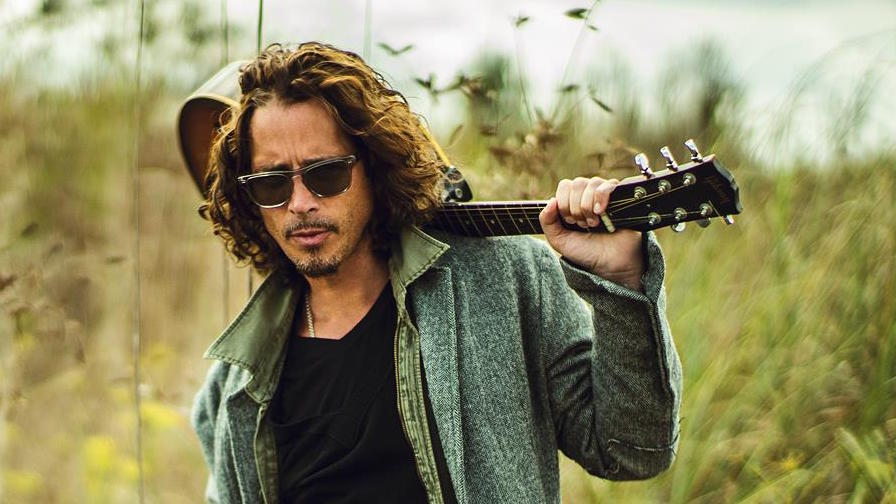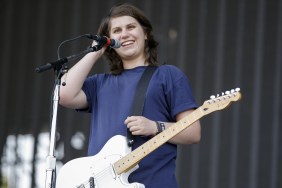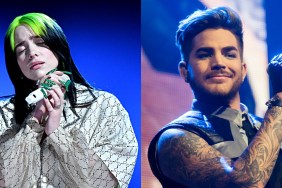It’s undisputed that in modern contemporary rock, there are few voices more distinct and powerful than Chris Cornell’s gravelly howl.
The Soundgarden, Audioslave, and Temple Of The Dog frontman and solo artist in his own right, has one of the most distinct organic instruments on the planet and has had a signature role in defining the standards of modern rock singing and songwriting for…











